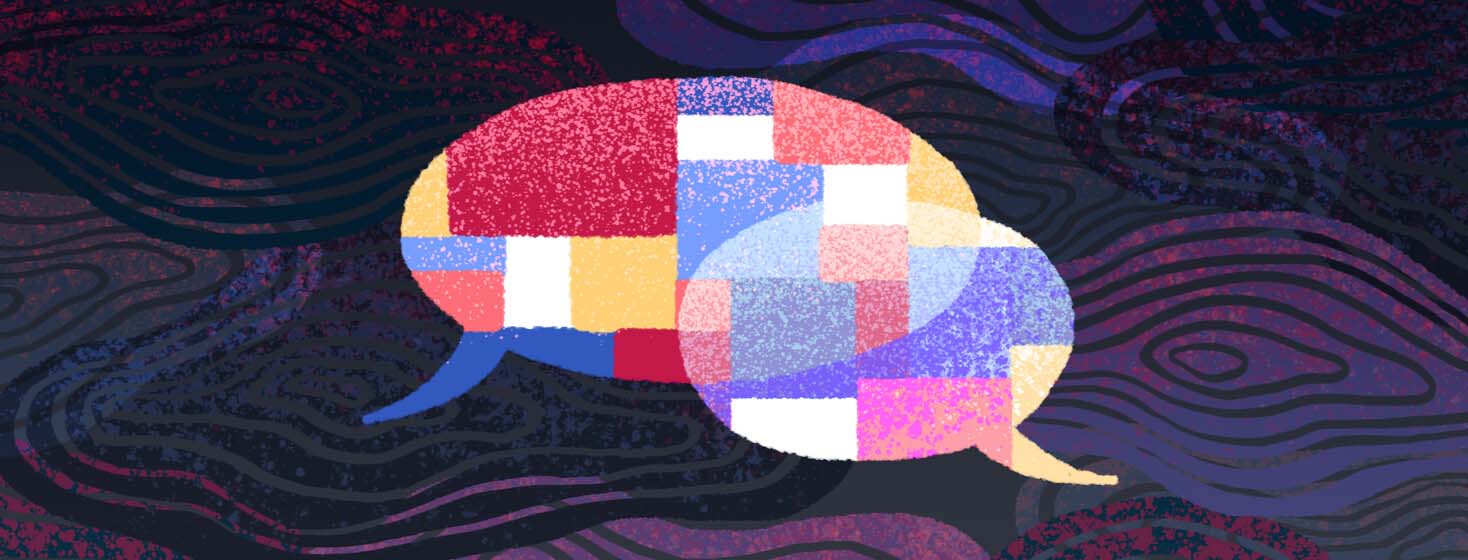Ask the Patient Leaders: Advice for the Newly Diagnosed
A new diagnosis can be scary, but also provide hope that you are finally on the right path. It's a lot to take in, and you may be wondering where to start, or what others who have been in your shoes would suggest.
So we asked our chronic hives patient leaders: What would your advice be to someone newly diagnosed with chronic hives?
Response from CJ
People newly diagnosed with chronic hives should first learn how to advocate for themselves. For most people with chronic hives, there is no known cause, which makes chronic hives challenging. It is imperative that you educate yourself about your condition and keep up to date with the latest treatments and research before advocating for your needs.
Newly diagnosed individuals should also seek community support. Support from the community is essential because you can connect with others who understand what it's like to live with chronic hives every day. I was first diagnosed with chronic hives and urticaria in 2018, so I'm happy to see that there are now a lot more support groups available.
Response from Christi
First, congrats on getting a diagnosis. That alone is a feat of great persistence and self-advocacy. But just having a diagnosis doesn’t mean that the effort to get good treatment ends there. Getting necessary and effective treatment can also be difficult.
My best advice would be to learn as much about your condition as you can. Look into reliable sources (not Facebook groups!). Talk to your doctor about different treatment options you find and work together to come up with a game plan. And, if you aren’t happy with your doctor and how they are going about your treatment, always know that you can get a second or third opinion.
Response from Andressa
I would say this: welcome to the club where you might never find an answer, but you are not alone! Give yourself the time to explore, talk to different doctors, write down all your questions, ask your doctor everything you need to know. Even if it seems like they have no answers, don’t feel like you are crazy! We are all in the same boat and most of the doctors don’t have answers!
Try to find a support group. When you feel frustrated talk about it.
Talk with your family members about your feelings, insecurities, side effects of medication. Because it’s so important that the people around you understand what you are going through. If you are married explain to your spouse what makes you feel insecure or uncomfortable and try to make it work together. If you have kids, explain to them that your medication may make you feel tired. That you may be irritated or sleepy and that it has nothing to do with them.
Explain to your kids why your body is changing and that you will grow old! In the beginning my daughter found it so scary and thought I would die early. So it was important to talk about this things with her.
Chronic hives not only affects us, it affects our whole family.
Response from Ambre
Learn your triggers. Adjust and adapt. Don’t give up on life just because you received the diagnosis. It’s also so important to create and have a support system. Being newly diagnosed, it can be overwhelming, frustrating, even scary. I assure you, we’ve all felt that way at some point.
You’re not alone in this. We’re right here with you.

Join the conversation